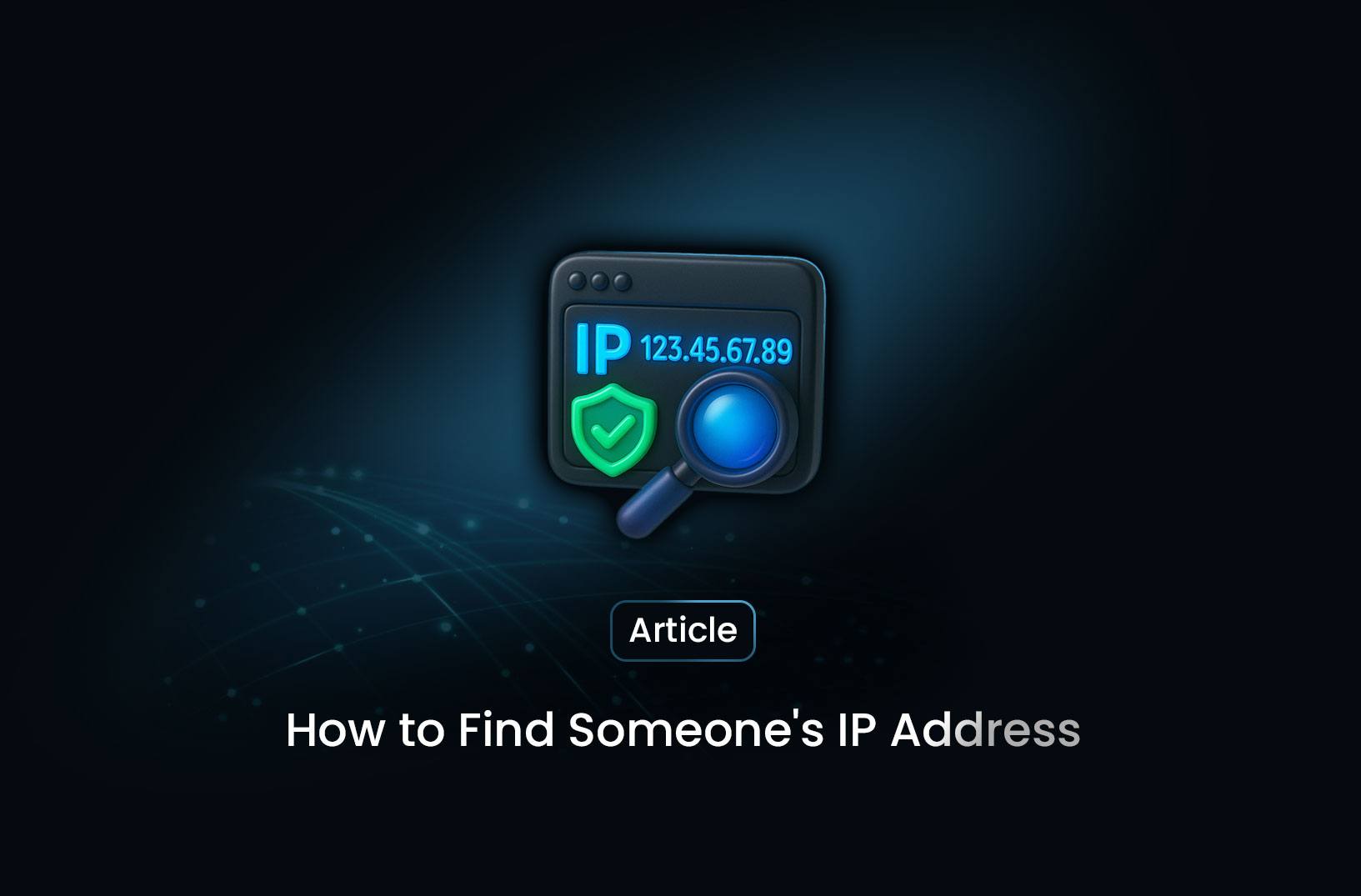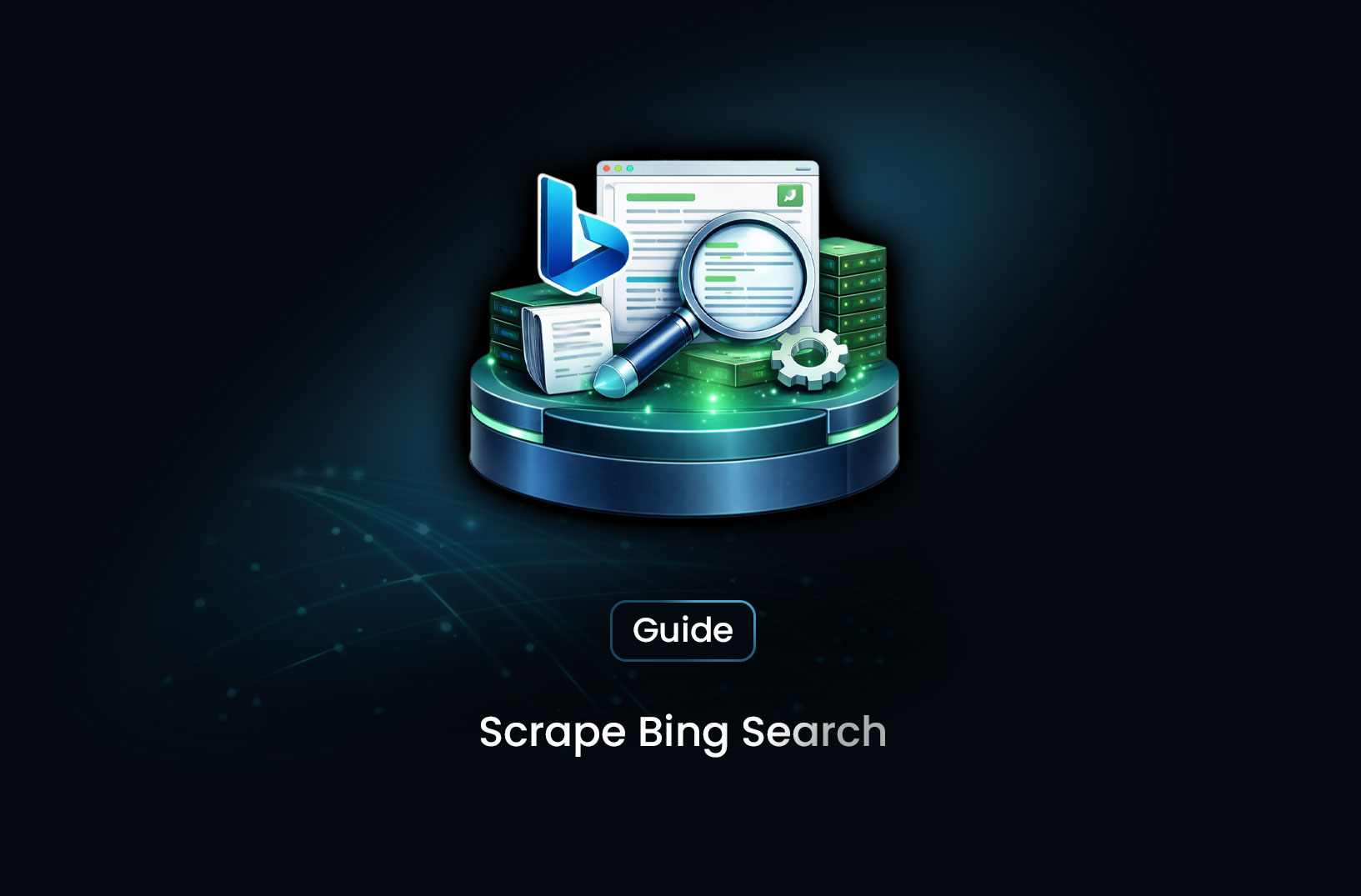
How to Find Someone’s IP Address (Legally and Safely)
ArticleCurious about how to find someone's IP address? Learn the legal, safe, and common ways people locate IPs—and why it's important to use this knowledge responsibly.
Understanding how to find someone's IP address can be useful in various scenarios—such as troubleshooting network issues, managing website traffic, or identifying sources of suspicious activity. However, it’s crucial to approach this topic with responsibility and respect for privacy.
Let’s break down what an IP address is and how someone might locate it—legally and ethically.
What is an IP Address?
An IP (Internet Protocol) address is a unique number assigned to every device connected to the internet. It acts like a digital address, allowing devices to send and receive information. IP addresses can sometimes reveal approximate location data, such as city or region.
There are two types of IP addresses:
- IPv4: The most commonly used version, e.g.,
192.168.0.1. - IPv6: A newer version designed to support more devices.
Common Ways to Find Someone’s IP Address
1. Check Email Headers
If you’ve received an email from someone, the message headers may contain the sender’s IP address. In most email clients, you can view the "original" or "raw" message to see this data.
⚠️ Note: Many modern email services like Gmail or Outlook may hide the sender's IP for privacy.
2. Use a Logging Tool
You can create a custom URL using tools like IP Logger, Grabify, or similar services. When someone clicks your link, the service records their IP address.
🛑 Be cautious and ethical. Always inform users that their IP might be logged—don’t use this method for deceptive purposes.
3. Website Analytics
If someone interacts with your website, your analytics tool (like Google Analytics or server logs) may capture their IP address. This is a common and legitimate practice for managing traffic, security, and geolocation targeting.
4. Online Gaming or Chat Applications
Some P2P gaming platforms or messaging apps might expose IPs during direct connections. This is becoming less common as most platforms now use relay servers to mask user IPs for safety.
What You Shouldn't Do
Avoid using unauthorized tools, hacking methods, or third-party sniffers to obtain someone's IP address. Doing so can violate privacy laws and platform terms of service.
Why You Might Want an IP Address
- Security monitoring: Identify suspicious login attempts or access patterns.
- Troubleshooting: Diagnose network issues with users or clients.
- Fraud detection: Spot irregularities in transactions or traffic.
Using Proxies to Protect or Mask IPs
If you're concerned about your own IP privacy, you can use a proxy service like MrScraper to hide or rotate your IP while scraping websites or automating tasks.
Final Thoughts
Finding someone’s IP address can be done through legal and ethical methods—but it should always be approached with care. Respect privacy, follow the law, and use this knowledge responsibly.
Need to protect your own IP while scraping data or browsing? Try using secure proxies or rotating IP solutions to stay safe online.
Find more insights here

Scrape Bing Search: A Practical Technical Guide
Bing scraping blocked? Discover how to bypass rate limits and bot detection to extract URLs, titles,...

FilterBypass: Unblocking Restricted Sites in a Simple Way
FilterBypass is a free web proxy that acts as an intermediary between your browser and the target si...

YouTube.com Unblocked: Accessing YouTube When It’s Restricted
Learn how to access YouTube unblocked on school, work, or regional networks. Explore VPNs, proxies,...
